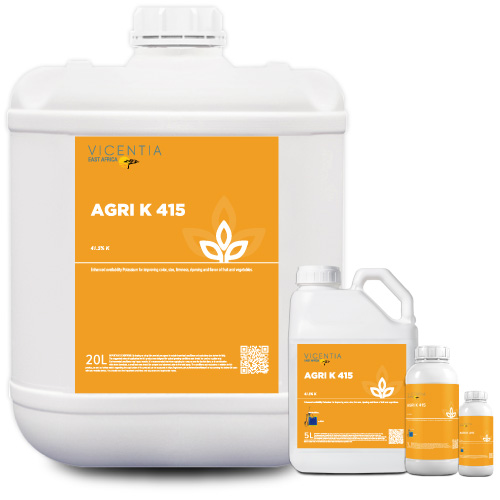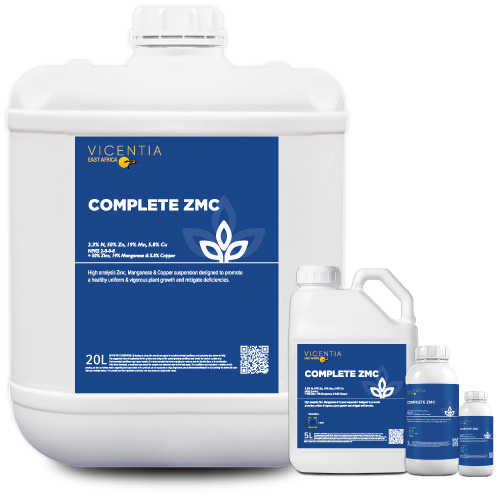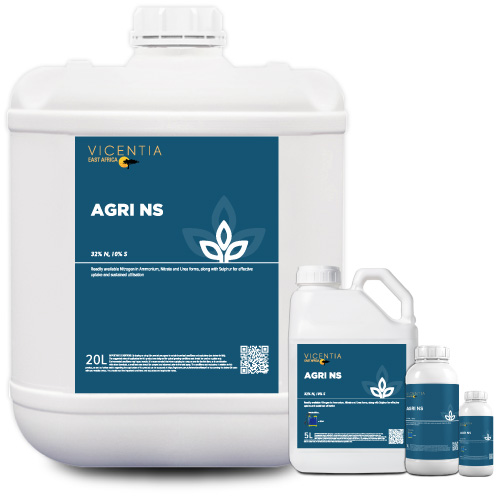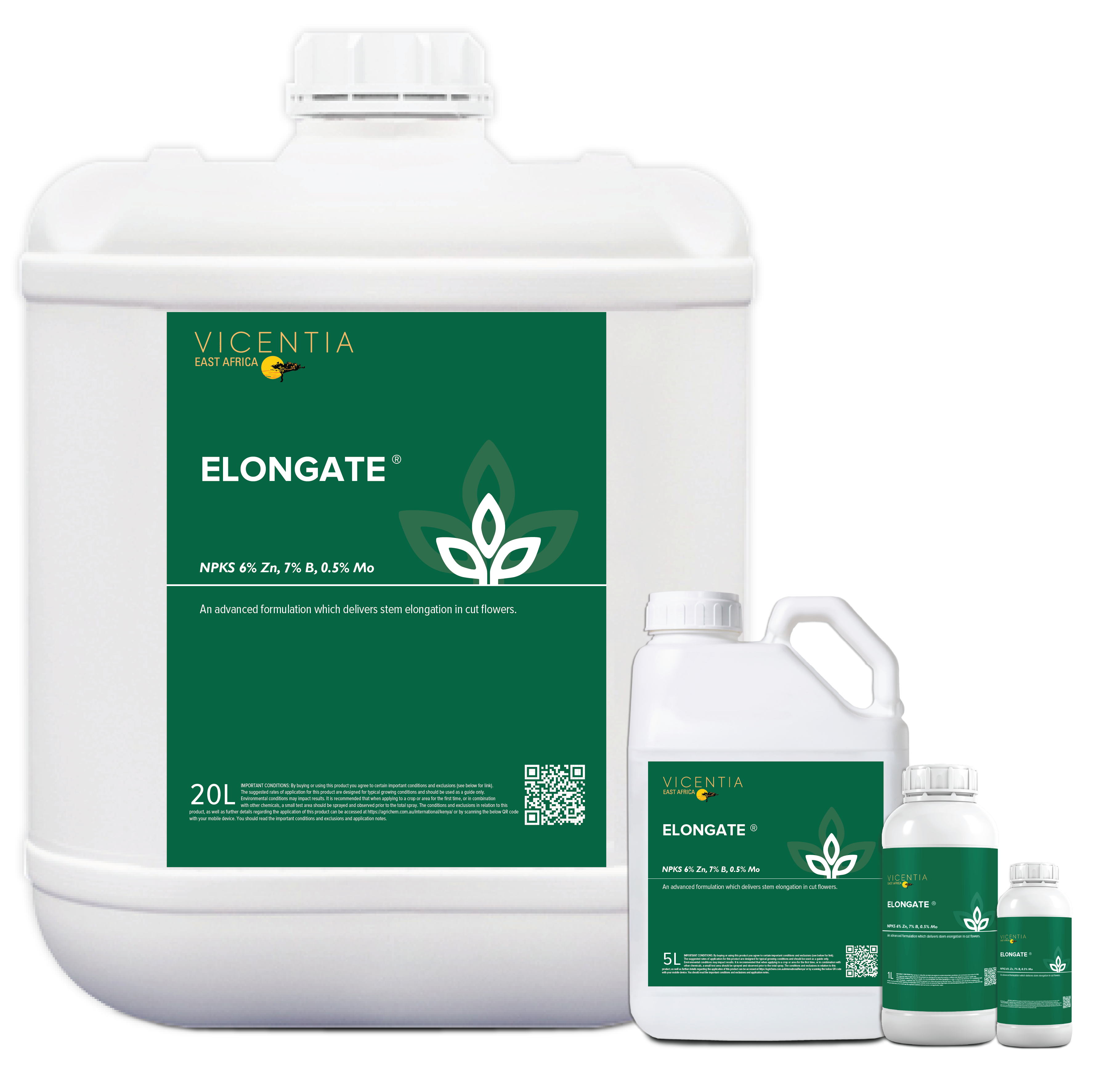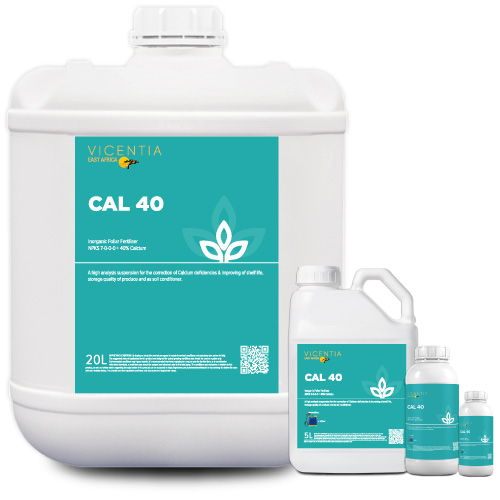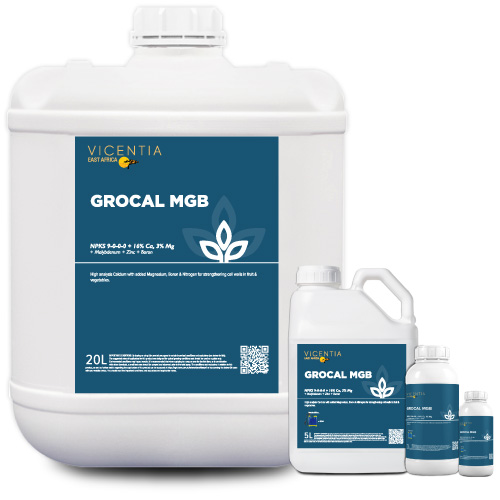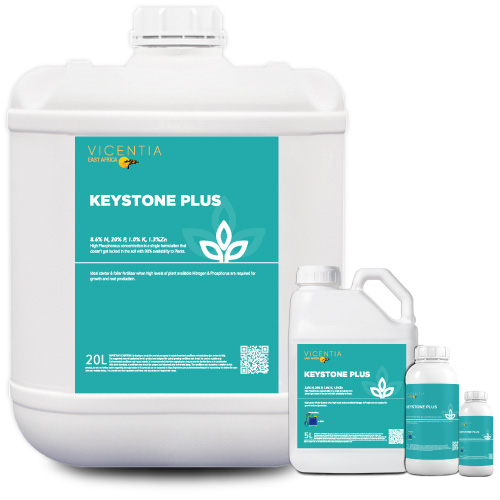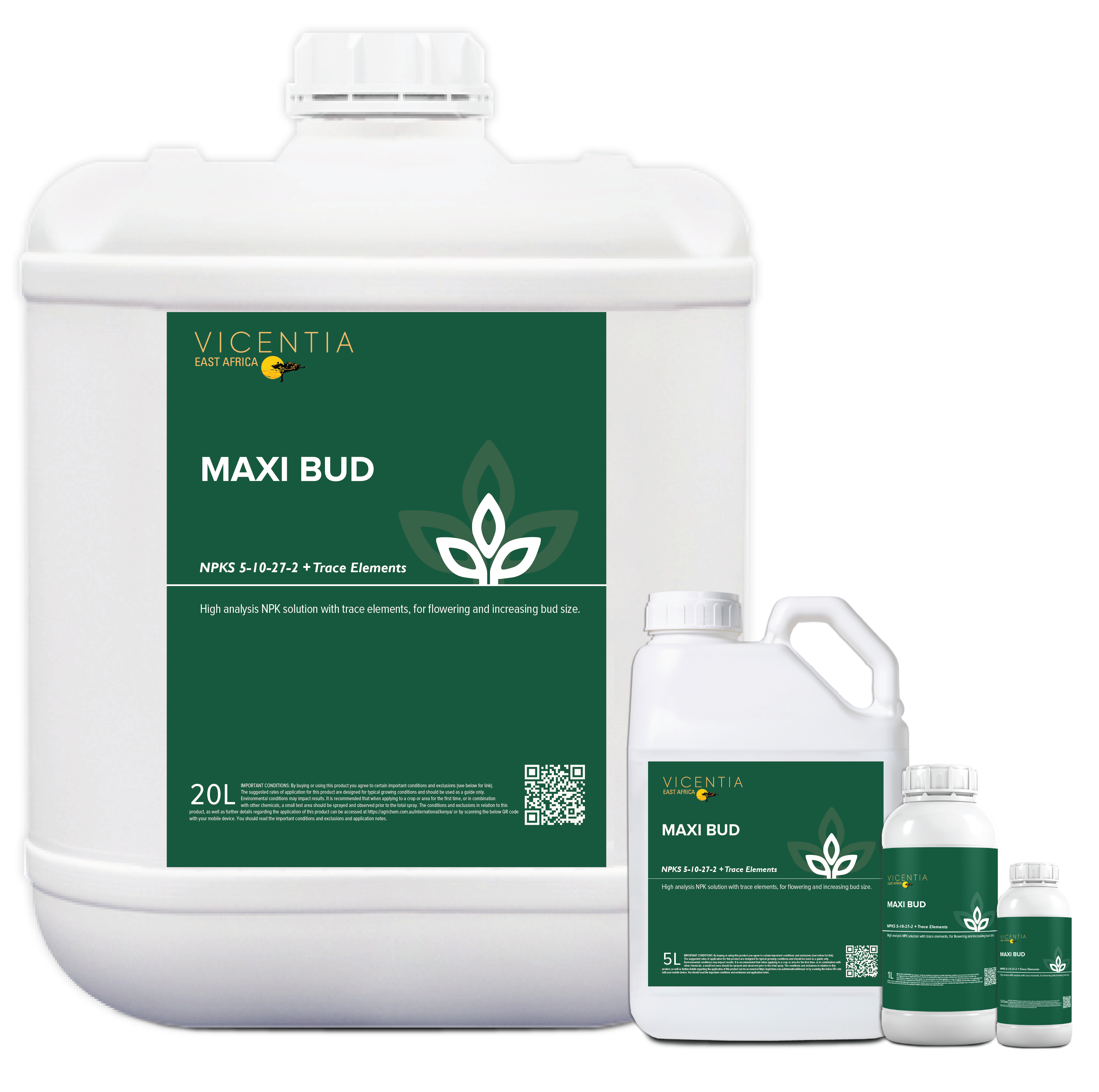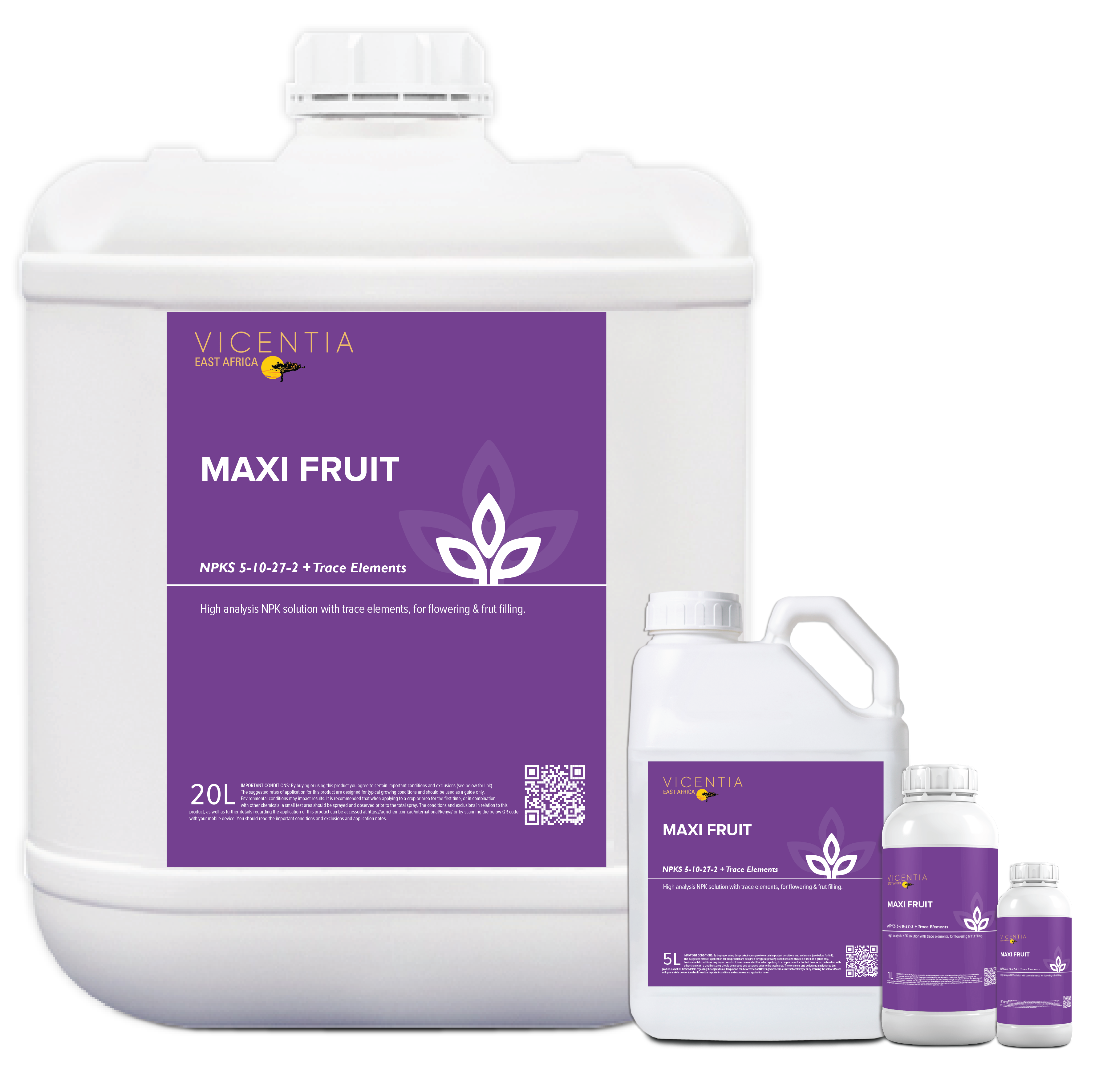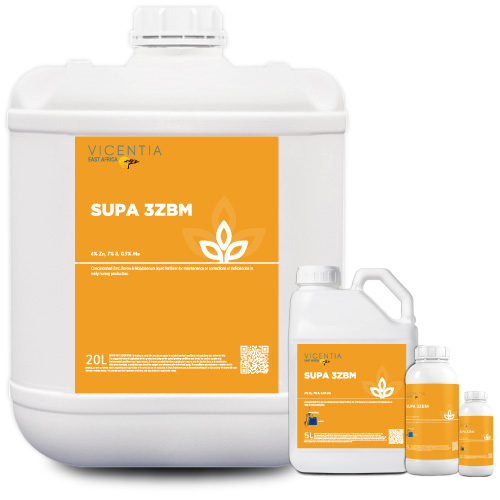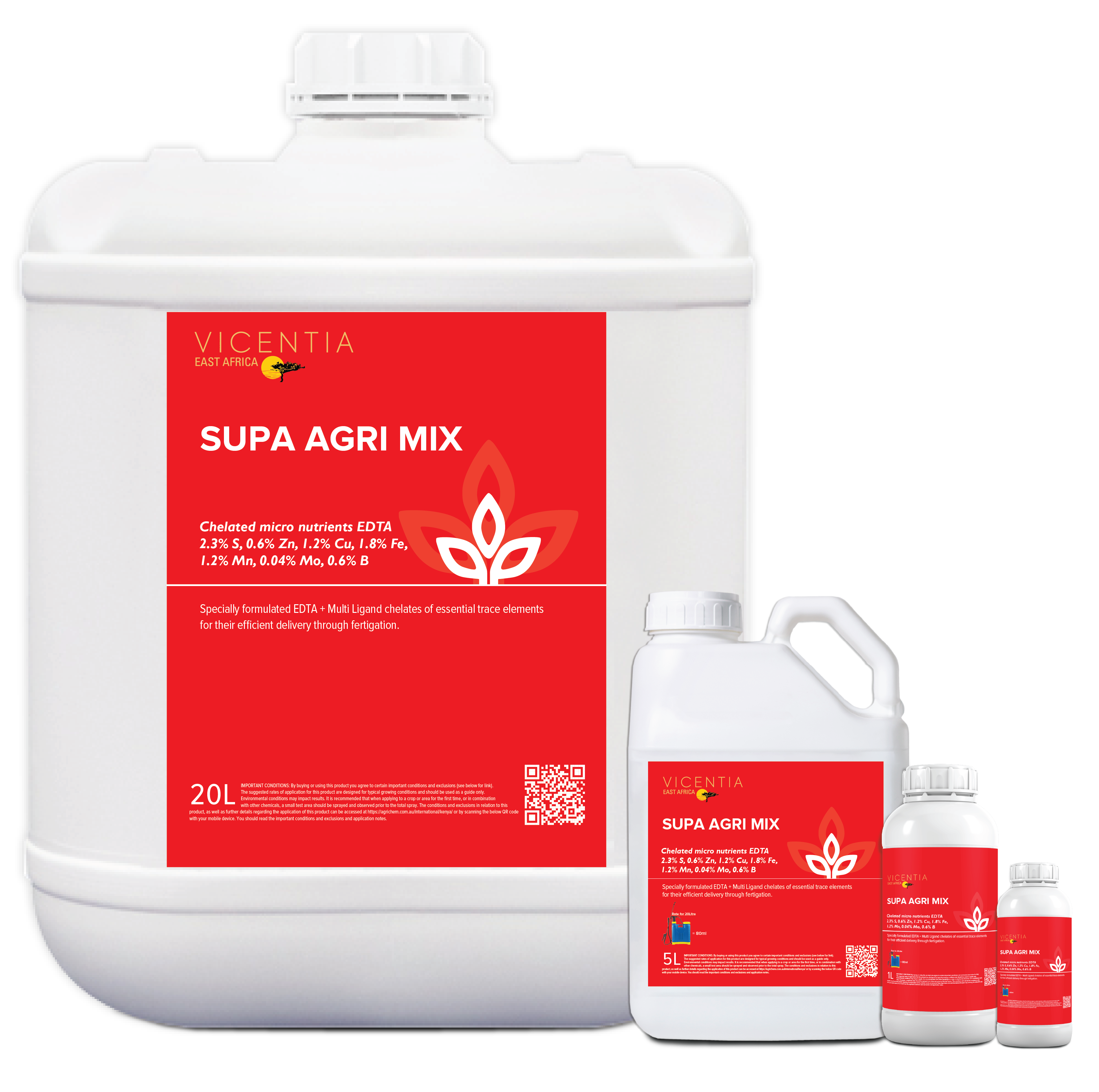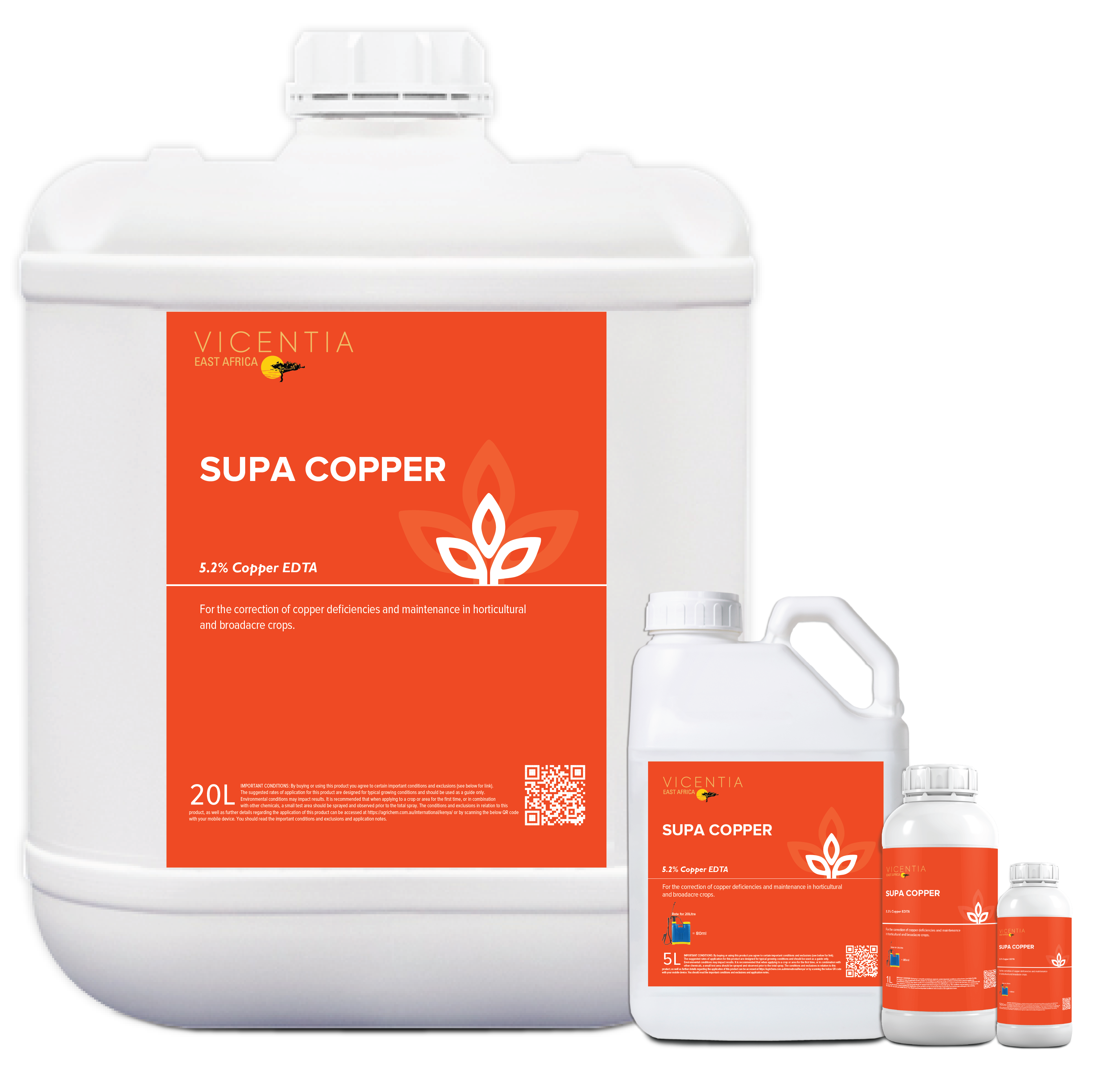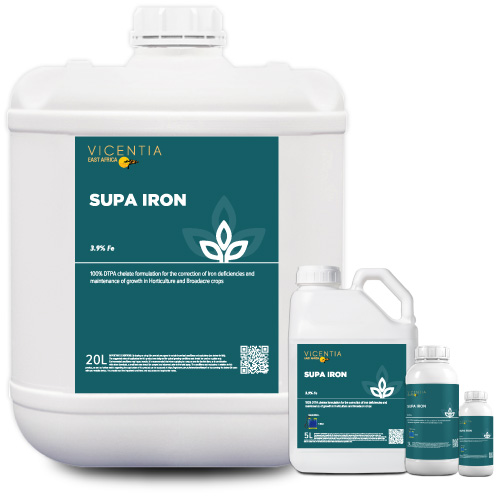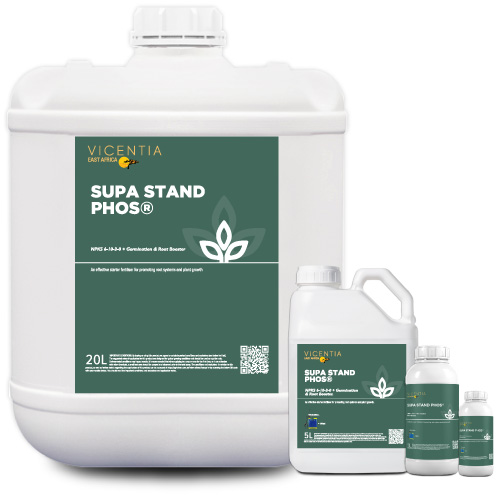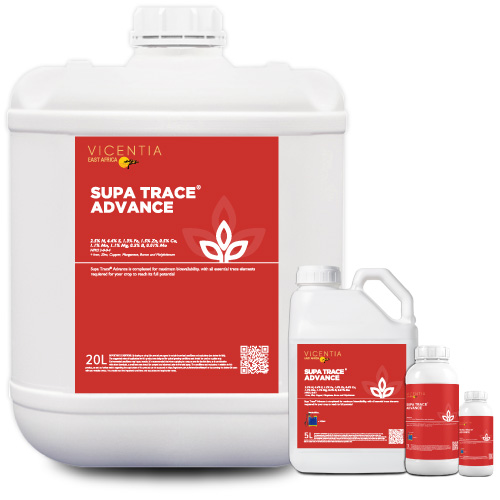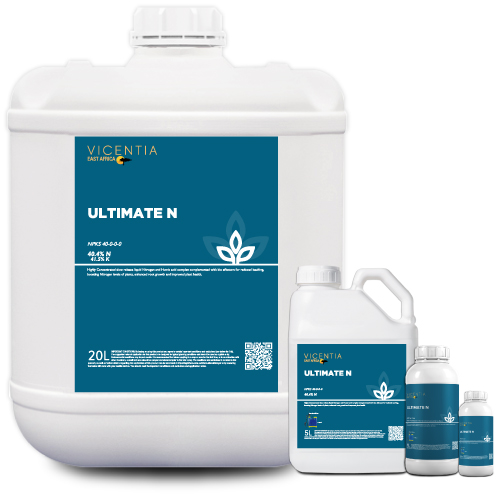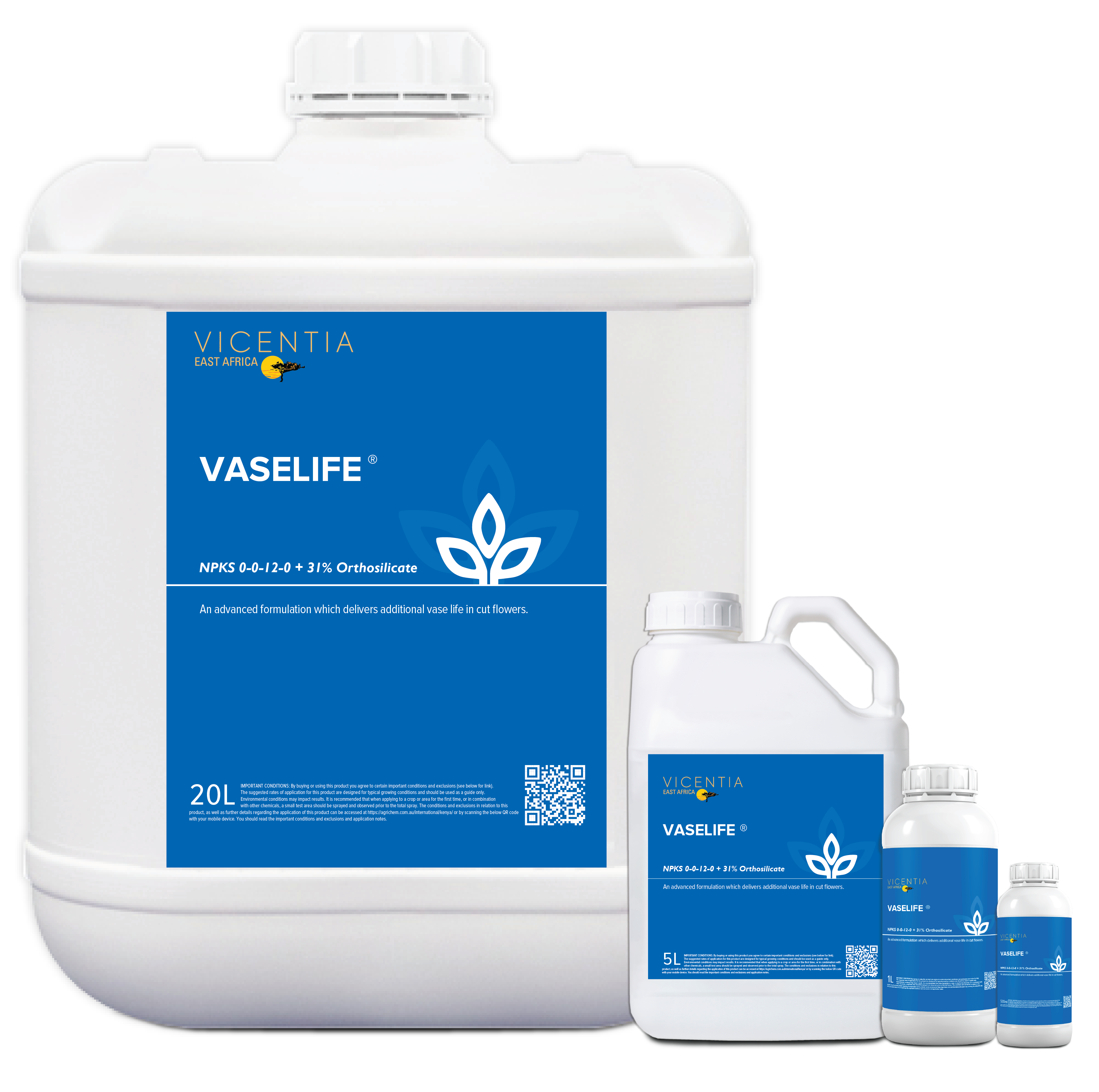Nourishing growth, Sowing success.
A Broad Range of Proven Solutions
Providing sustainable interventions with reliable, eco-friendly approaches
Plant nutrition is a cornerstone of achieving quality production in agriculture. Vicentia EA is committed to incorporating advanced approaches that enhance the efficiency of nutrient utilization, reduce environmental impacts, and achieve sustainable, safe and high-yielding crop production.

Root architecture and development
Root architecture includes root length, density, and depth, which influences the exploration of soil for nutrients. Well developed root systems enhance nutrient absorption and contribute to overall plant health.

Nutrient availability, uptake and utilization
Our solutions offer nutrient management capabilities which improve crops productivity, thus contributing to sustainable and environmentally conscious agricultural practices.
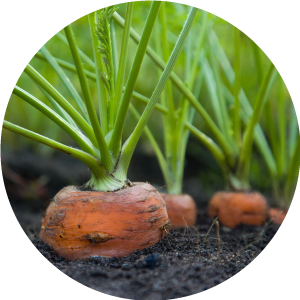
Plant health and defense mechanisms
We provide intricate plant health and defense mechanisms that safeguard plants against various stresses, including pathogens, pests, environmental conditions and physiological imbalances.
Benefits of Plant Nutrition Products
By providing plants with the right nutrients at the right time, farmers can:
Enhance the plant's ability to absorb and assimilate nutrients from the soil, leading to improved nutrient use efficiency.
Promote the development of a robust and extensive root system, improving the plant's access to water and nutrients in the soil.
Help plants withstand various environmental stresses, such as drought, salinity, and temperature extremes, by boosting their natural defense mechanisms.
Stimulate physiological processes within plants, leading to increased vegetative growth, flowering, and fruiting.
Contribute to better-quality crops, including improved taste, color, and nutritional content.
Induce biochemical changes in plants, including the synthesis of secondary metabolites, which can positively influence crop attributes.
Foster the growth and activity of beneficial soil microorganisms, promoting a healthier soil ecosystem.
Support sustainable and eco-friendly agriculture by reducing the need for synthetic inputs and minimizing environmental impact.
Help plants adapt to changing environmental conditions, making them more resilient to fluctuations in weather and other stressors.
Improving nutrient availability, stress resistance, and overall plant health, and contribute to increased yield potential.



